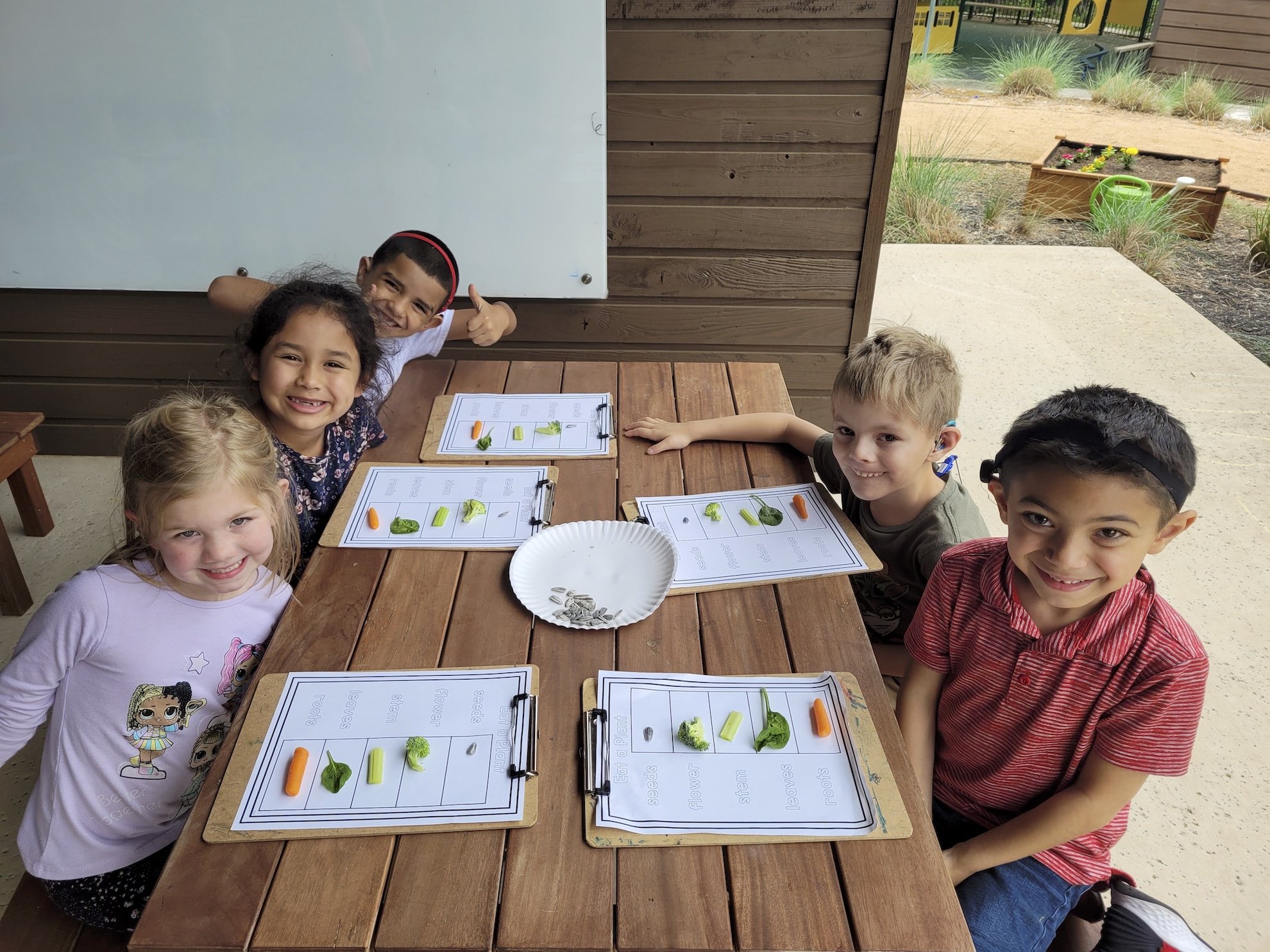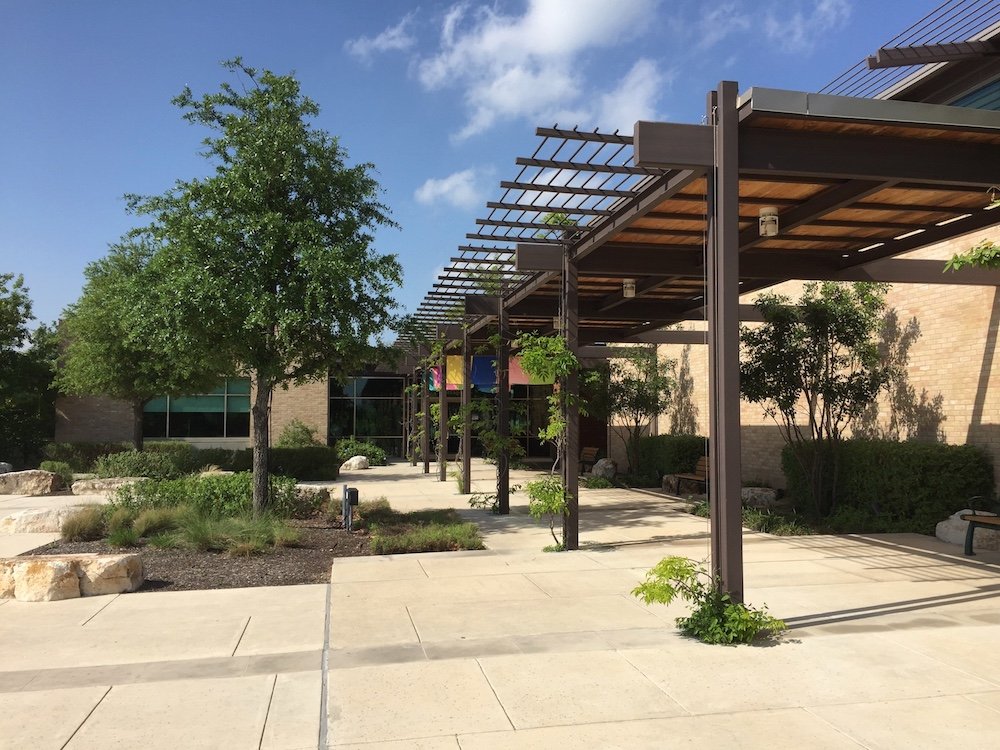Professional Resources
Outreach efforts have aided in further educating the medical and larger San Antonio community of the importance of early hearing loss identification and intervention. Our early intervention videotape is distributed throughout the medical community. Sunshine Cottage educates medical professionals about the importance of early hearing loss identification and intervention. We coordinate workshops designed to reach early childhood intervention agencies which help to build bridges for collaborative efforts in the deaf and medical community.
Auditory brain centers do not start out with the ability to hear. Hearing develops only as the brain is stimulated by many sounds during infancy. Each time a sound stimulates the auditory brain centers, the brain develops thousands of new connections which are the synapses. The growing network of synapses enables the baby to make sense of sounds in our language.
Access to sound during infancy is critical for the auditory brain centers to fully develop. Research shows that infants six (6) months and younger who are identified with a hearing loss and are given hearing aids and placed in an early intervention program are able to produce language at a normal level on the developmental milestones. They can speak at the same level as their hearing peers.
To schedule an appointment to learn more about our community outreach efforts or to schedule a tour, call Leslie Walter at (210) 824-0579, ext. 129.
How to Refer to Sunshine Cottage
Anyone can call for an appointment to have a diagnostic hearing evaluation for their baby. A referral from a doctor is not necessary but referrals are always welcome. Please call (210) 824-0579.
Developmental Milestones Birth to Five Years Old
The Hearing Health Checklist provides developmental milestones by age to help a professional or a parent determine a child’s normal development. If you are concerned that a child may not hear, please encourage the parents to call for a diagnostic hearing evaluation. Delay in testing a child’s hearing could delay the ability to communicate.
- Alexander Graham Bell Association for the Deaf and Hard of Hearing
- The Alexander Graham Bell Association for the Deaf and Hard of Hearing (AG Bell) is the world's oldest and largest membership organization promoting the use of spoken language by children and adults with hearing loss. Members include parents of children with hearing loss, adults who are deaf or hard of hearing, educators, audiologists, speech-language pathologists, physicians, and other professionals in fields related to hearing loss and deafness. Through advocacy, publications, financial aid and scholarships, and numerous programs and services, AlexanderBell promotes its mission: Advocating Independence through Listening and Talking!
- The Deaf Education Website
- This site is dedicated to enhancing the preparation of new teachers, supporting the ongoing professional development of existing teachers, expanding the array of learning resources and opportunities that are available to deaf/hard-of-hearing (d/hh) students, and increasing the collaborative activities between all those individuals involved in the education of deaf and hard of hearing students.
- The Oberkotter Foundation/Oral Deaf Education
- TMany profoundly deaf children are using spoken language effectively to communicate because of the combination of powerful hearing aids and cochlear implants that maximize their listening potential, and the appropriate auditory/oral teaching strategies that help them develop oral language skills. Deaf children are learning to listen and speak for themselves.


